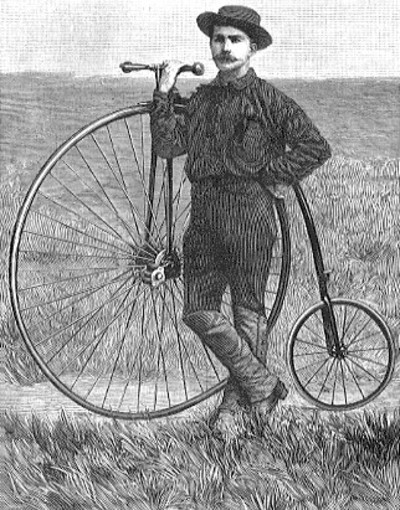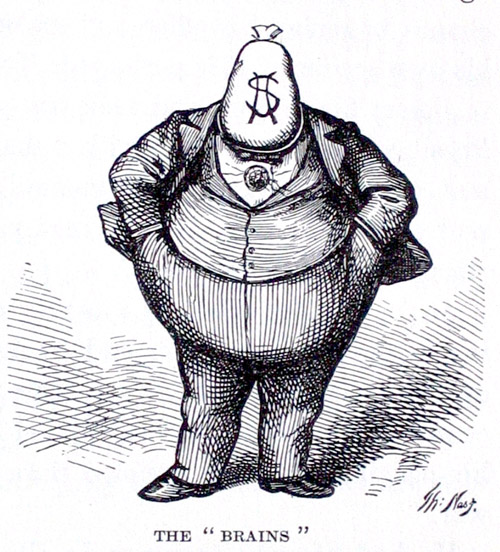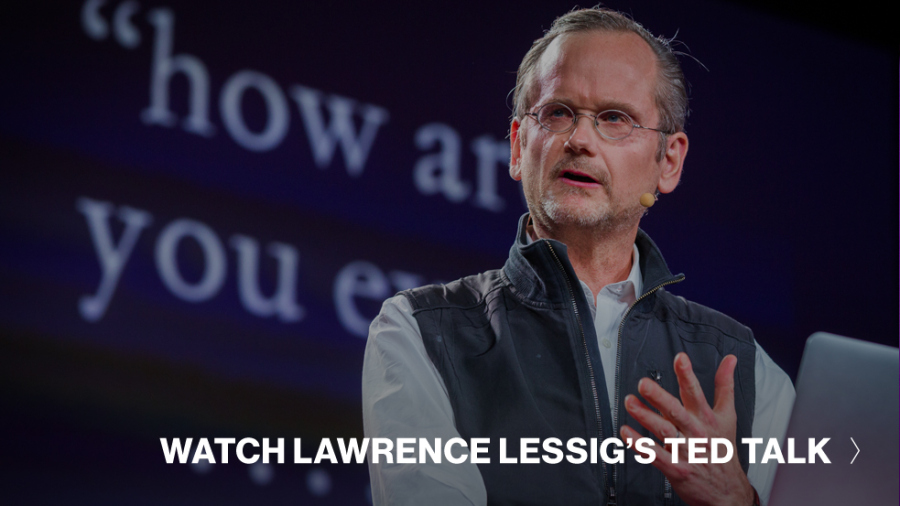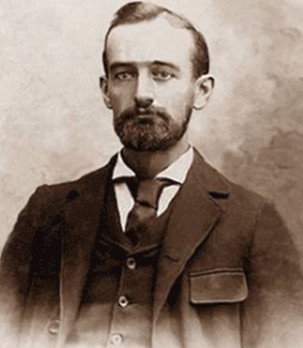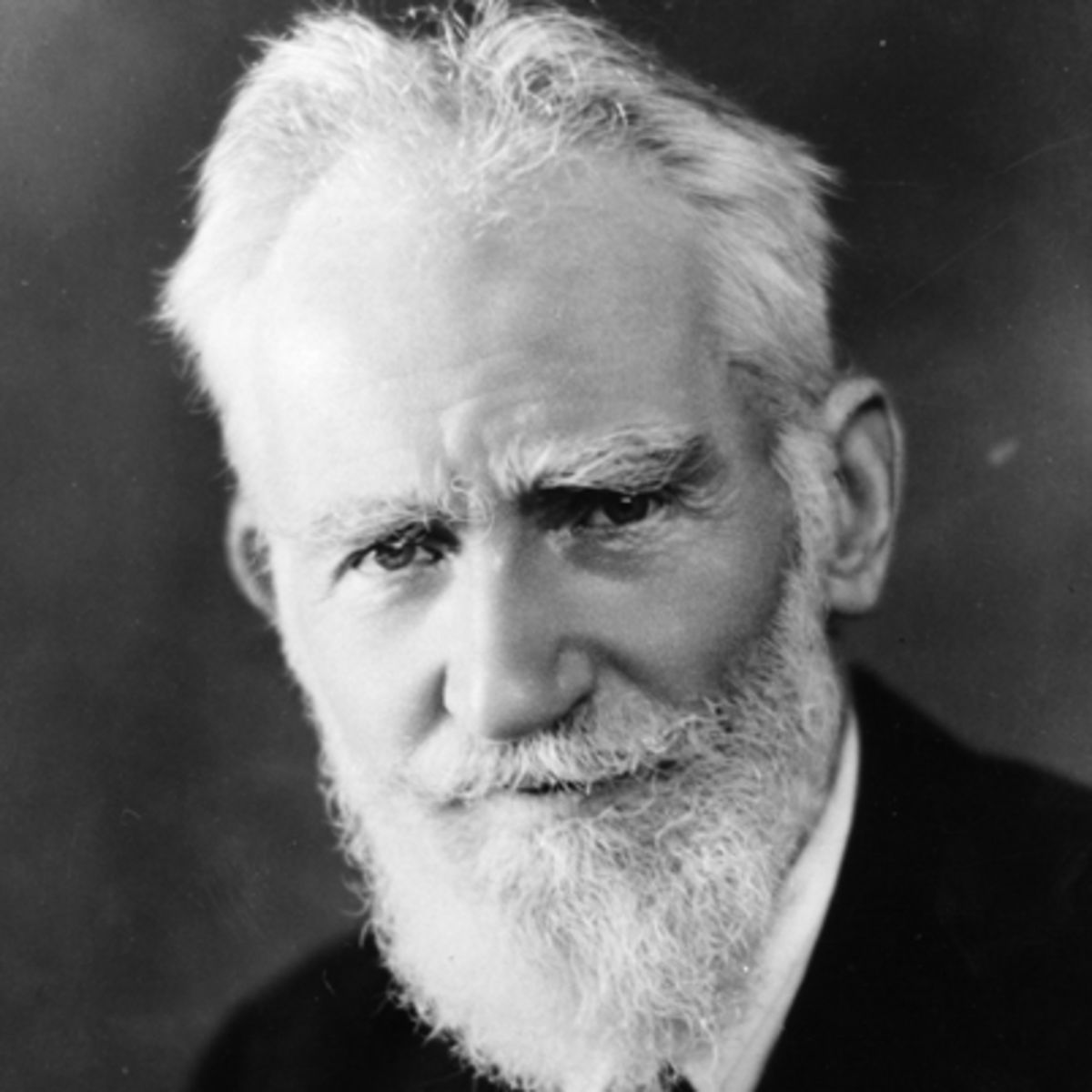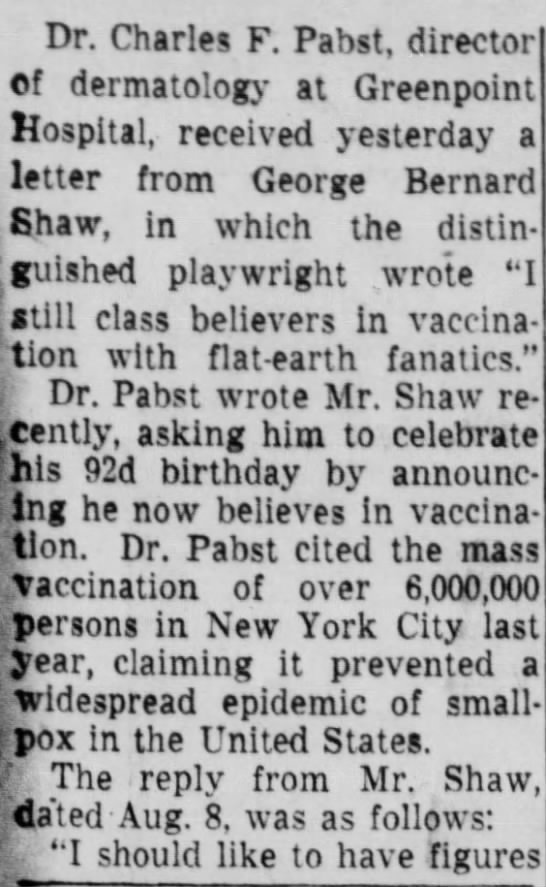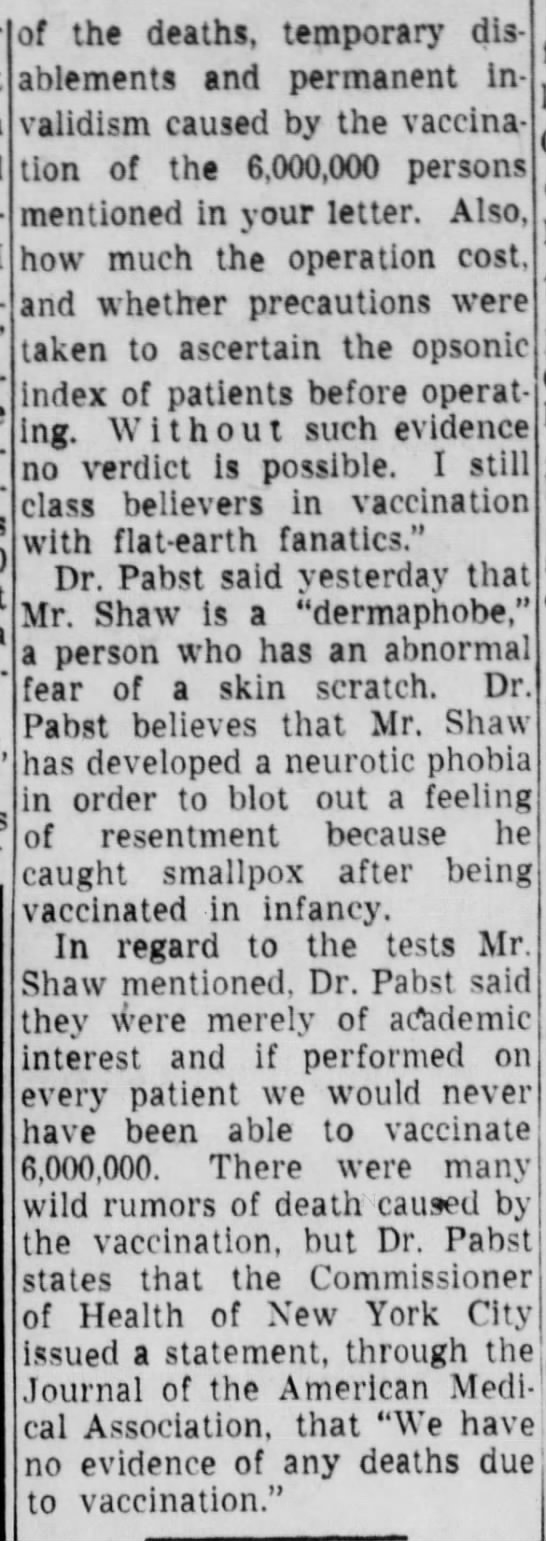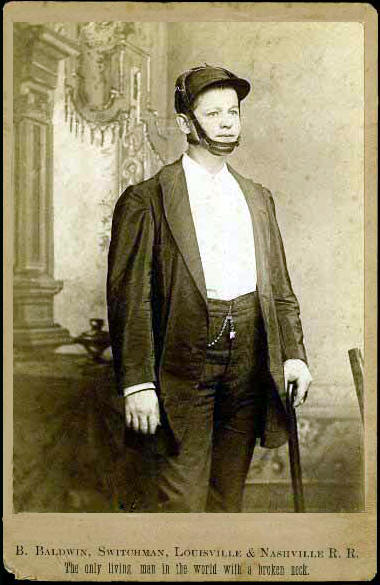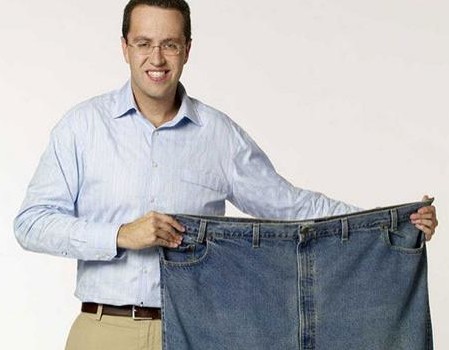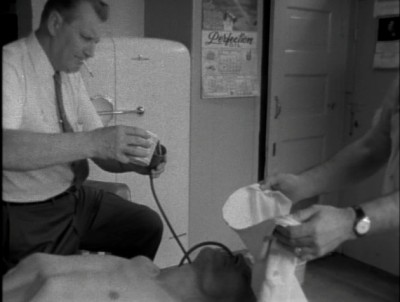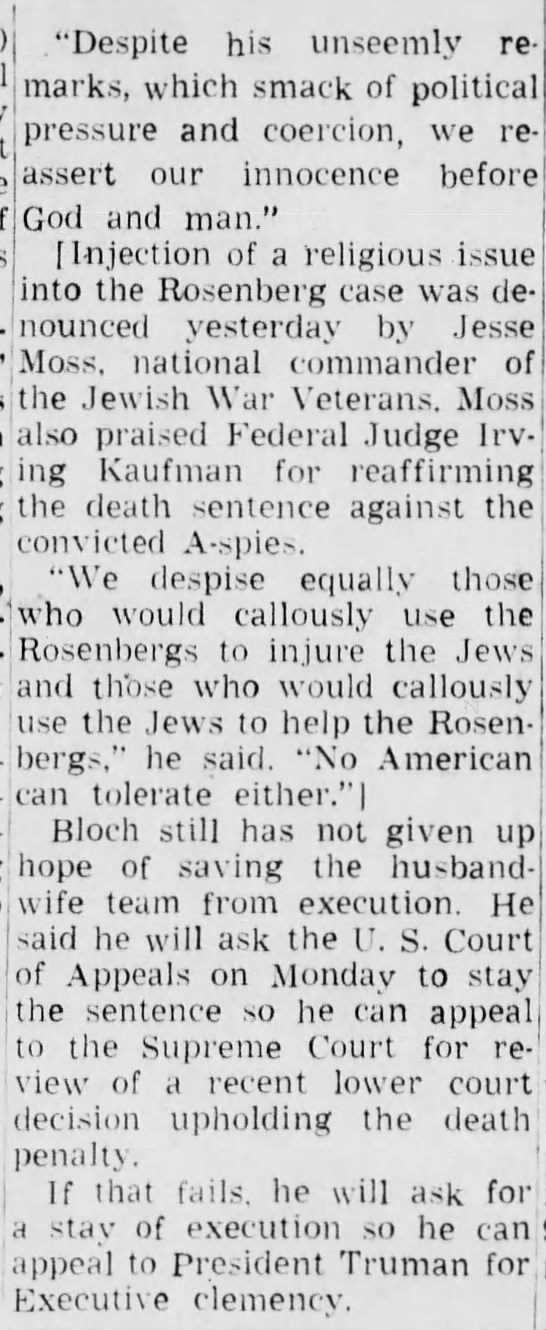Uber has shamelessly tried to reposition itself as a job creator when it actually destabilizes good jobs and CEO Travis Kalanick has previously been open about wanting to eliminate all its drivers. Perhaps that’s the future, but let’s be honest about it: Uber is good in many ways, but it isn’t good for Labor. So when the rideshare pretends for publicity purposes that the hiring of military veterans or minorities is central to its mission, it’s an outright lie.
From Russell Brandom at the Verge:
Uber is setting up a new self-driving car project at the University of Arizona, according to an email sent out today to university employees. The new project will focus on self-driving car technology, particularly the mapping and optics challenges involved in developing a fully autonomous vehicle. An official statement from Uber confirmed the news, saying, “we’ll work with some of the world’s leading experts in lens design at the University to improve the imagery we capture and use to build out mapping and safety features..” The project comes just months after a major hiring push for Uber’s Pittsburgh center, which many complained had hired so many experts away from the local robotics lab that they had effectively gutted competing projects.
According to a statement from Arizona’s governor, the partnership will focus on the optics systems necessary for mapping and safety, and will result in a number of Uber’s test vehicles taking up permanent residence in Arizona. Uber will donate $25,000 to the university’s College of Optical Sciences.…•



